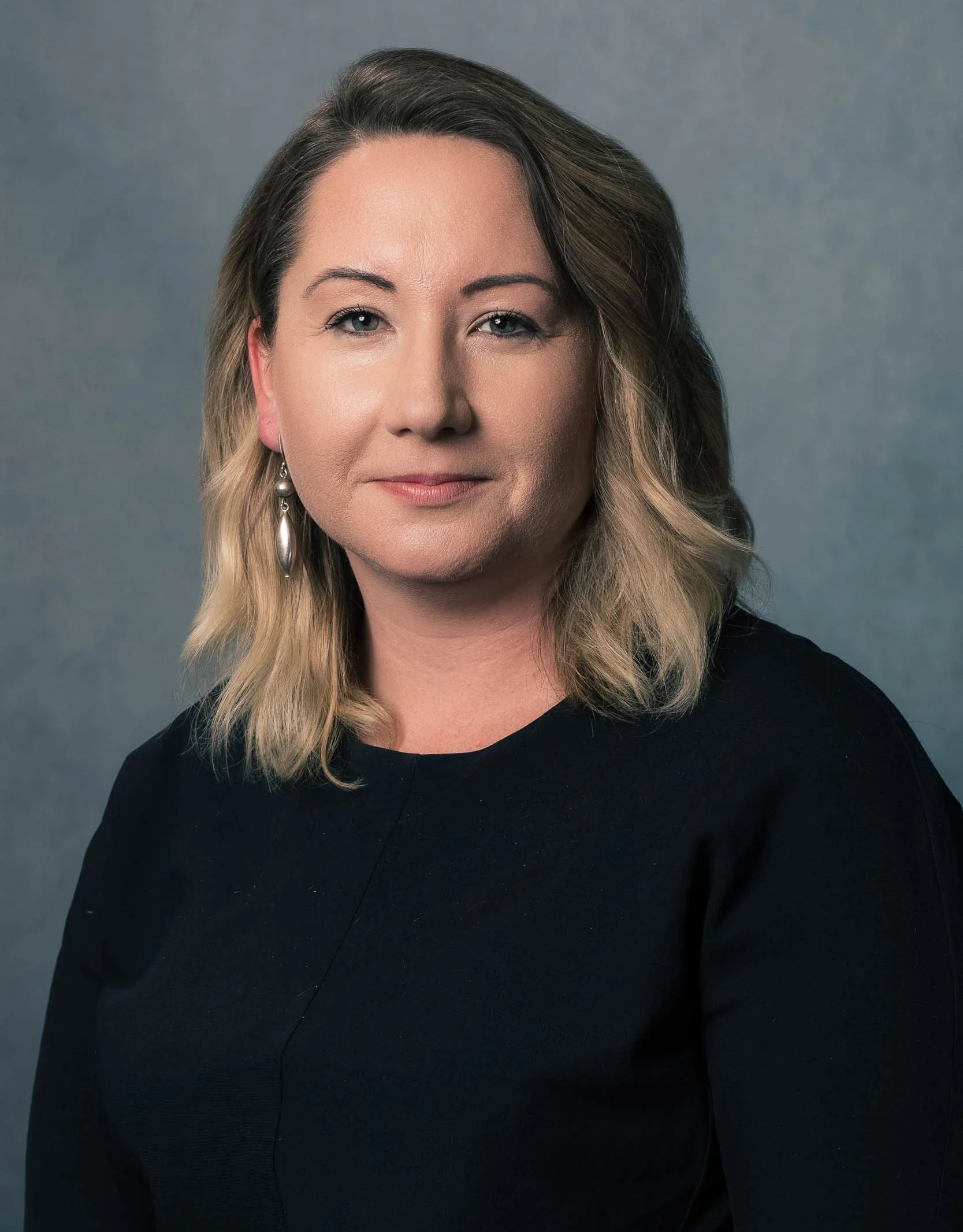CEO update
It’s hard to believe we have almost reached the halfway mark of 2019! On reflection, there’s much we have achieved and plenty more to progress for the rest of the year.
In early May we attended the Local Health Advisory Committee (LHAC) Forum in Griffith and I enjoyed hearing from the guest speakers and participants about the great work being done in primary healthcare, and where we can provide more support. Part of the event included the launch of our inaugural Pitch Night. We had more than 100 people help share $106,800 among three worthy programs which will be delivered in our region over the next 12 months. You can read more about the programs here.
In late May our Board hosted a dinner with the National Rural Health Commissioner, Emeritus Professor Paul Worley. He spoke candidly about his experiences as a Rural Generalist and his vision for networked rural communities to lead the way in delivering healthcare and training in a regional setting. It was refreshing to learn much of the issues and opportunities we have identified are common around Australian and I’m looking forward to reading his recommendations to Government about development of a National Rural Generalist Pathway to support current practice and a sustainable workforce, and how allied health can play a significant role in keeping rural and remote communities well.
Most recently we launched our Mental Health and Suicide Prevention resources page. Its purpose is to provide organisations and community groups access to appropriate resources to help increase awareness and build the community’s capacity to support mental health and wellbeing. I certainly encourage you to have a look at the resources available on this site, and thank those organisations who have helped collate the information and resources on the page.
We’re continuing our work on the allied health and mental health reviews. Feedback from consumers and providers has shown a need to look at new models to deliver these services into our communities with the aim of providing efficient, effective and appropriate levels of care when and where it’s needed.
HealthPathways has seen the recruitment of two new doctors join our team as clinical editors, and the team continues to publish new pathways regularly. We are now up to 185 live pages, of which 164 are clinical. The most recent additions include non-acute immunology assessment, diabetes specialised nursing, acute orthopaedic assessment, acute rheumatology assessment, fracture clinic assessment, and orthopaedic advice.
Looking ahead we will be working towards transitioning Commonwealth community mental health clients currently accessing services under Partners in Recover (PIR), Support for Day to Day Living in the Community (D2DL) and Personal Helpers and Mentors (PHaMs) to other suitable programs. To support this process we have received $2.1 million of National Psychosocial Support (NPS) program funding until June 2020, as PIR, D2DL, and PHaMs will end at the end of June 2019.
For our general practices we are working towards implementing the Practice Incentives Program Quality Improvement Incentive (PIP QI) by 1 August 2019. This new quality improvement incentive combines multiple incentives into one to support practices to improve record keeping for patient information, and to use the information to drive quality in patient care.
Finally, I want to congratulate those organisations and community groups who have received a community grant. Since our launch in late December last year we have funded more than 60 grants which have in excess of $560,000 in funding to help support the mental health and wellbeing of nearly 11,000 people in our region living with the impacts of drought. It’s a great achievement and I look forward to seeing more grants funded over the coming 12 months.
